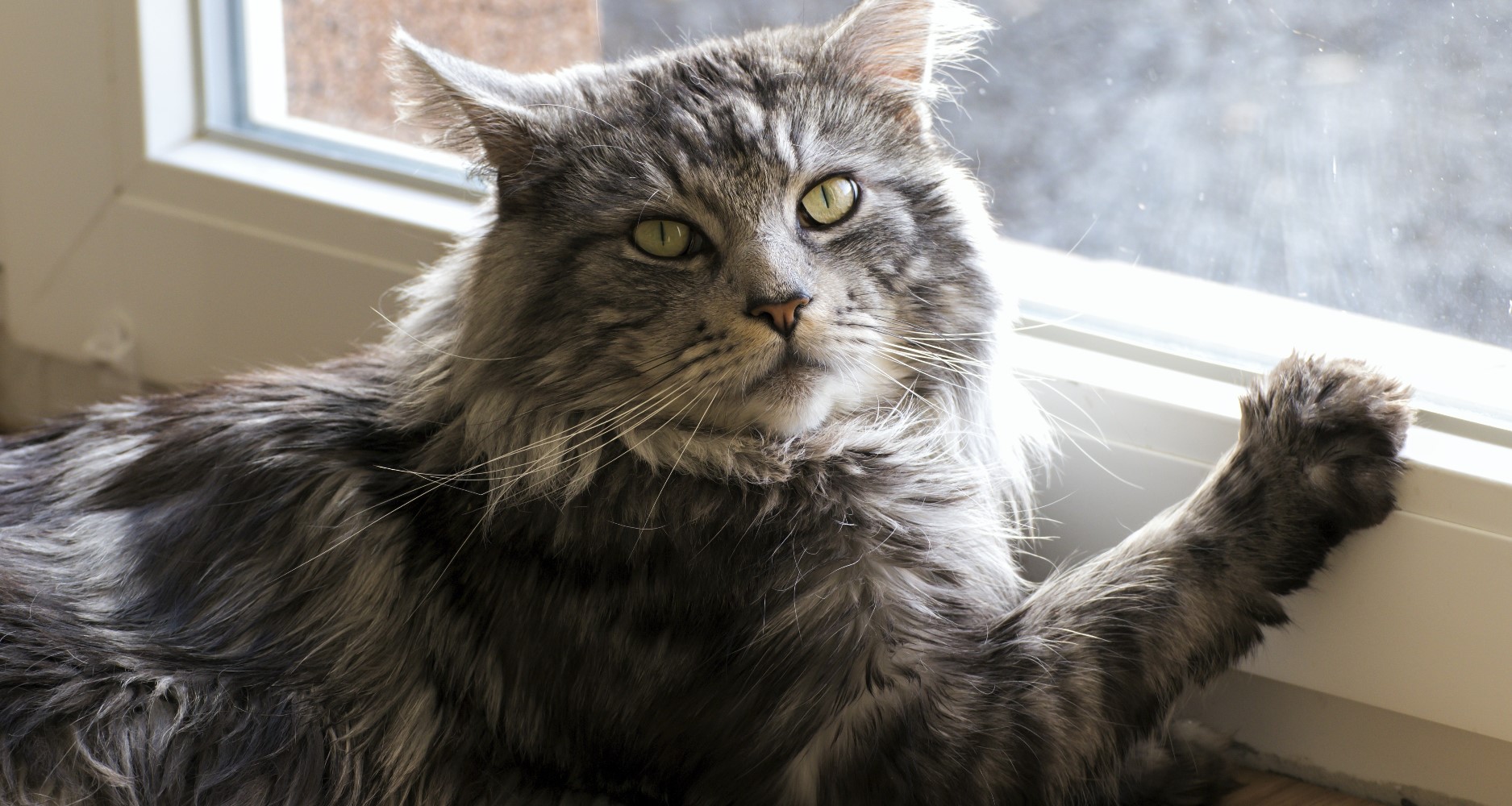LIFESTYLE & MORE

VOTING BOOTH

TRENDING

LIONS FOUNDATION OF CANADA DOG GUIDES
Lions Foundation of Canada Dog Guides and its founding program, Canine Vision Canada, was established in 1983. It’s the largest school of its kind in Canada with its training school in Oakville and breeding facility in Breslau.
Your Aging Cat – What You Need To Know

Although your aging cat may not be a frisky kitten anymore, given the proper care your pet can stay healthy and happy throughout their senior and geriatric years. With preventive healthcare cats can live up to 20 years – the equivalent of a 96-year-old human.
YOUR CAT’s AGE IN HUMAN EQUIVALENT YEARS
Your cat’s age according to veterinary classification is:
| Cat Years | Classification | Human Equivalent Years |
| 7 to 10 | Mature | 44 to 56 |
| 11 to 14 | Senior | 60 to 72 |
| 15 + | Geriatric | 76 to 100 + |
SIGNS OF AGING IN CATS
Signs, which are often associated with aging cats, can potentially impact their quality of life. By regularly visiting your veterinary healthcare team, you’ll be able to catch serious conditions before they develop to support your cat’s healthy aging.
COMMON AGING PROCESSES
Signs often associated with aging cats that can potentially impact their quality of life may include:
Weight Loss
- A combination of problems can lead to weight loss. Smell, taste and hearing become less acute, which has an impact on their appetite.
- Dental issues, such as gum disease, tooth loss or deteriorating teeth can affect appetite.
Less Agility
- Less flexible joints can result in pain and mobility issues.
- Continual painful experience in an animal is damaging to the general well-being and quality of life.
- Untreated pain may have many damaging system-wide consequences, such as: immune suppression, digestive troubles, insomnia, anxiety, grooming difficulties, interference of normal use of litter box and behavioural changes.
Decline in Quality of Coat and Muscle Mass
- Coat may become whiter as glands that produce oils for the skin are less productive.
- Loose skin and loss of muscle mass may be visible.
Reduced Immune Response
- An aging cat is at a greater risk of infection and disease.
Reduced Digestive Function
- The ability to process fats and proteins decreases with age. Nutrients in food are not properly absorbed.
- Aging cats may be prone to diarrhea or constipation.
Change in Sleep Patterns
- Fluctuating sleeping patterns and reduced deep, restful sleep may have system-wide consequences.
Behavioural Changes
- Irritability, reduced human interaction and playfulness and confusion may be more evident.
ILLNESSES IN AGING CATS
Physical and behavioural signs associated with an older cat may not be simply attributed to aging but indicative of a serious illness. Older cats may begin to develop the same types of health problems their human counterparts face, including:
- Osteoarthritis – stiffness, limping or lameness, difficulty getting up, reluctance to play, change in posture and personality may indicate osteoarthritis.
- Diabetes – excessive thirst, increased urination, weight loss and increased appetite may be signs of diabetes.
- Kidney disease – loss of appetite, weight loss, increased thirst and urination, dull and/or matted coat, dull eyes, sleeping more than normal, weakness and bad breath may be symptomatic of kidney problems.
- Heart disease – lethargy/weakness/inactivity, shortness of breath, fast breathing while sleeping and fainting may indicate heart disease.
- Dental disease – loose teeth, red or bleeding gums, reduced appetite, facial swelling, difficulty eating and pawing at the mouth may be signs of periodontal disease.
- Hypertension – seizures, disorientation, dilated pupils and blood in the urine could indicate high blood pressure.
- Hyperthyroidism – weight loss despite increased appetite, increased restlessness and thirst, a dull or greasy coat, a fast heart rate, vomiting and diarrhea could be symptomatic of an overactive thyroid.
- Cancer – chronic weight loss, reduced appetite, any lump that changes shape or size, any sore that does not heal, difficulty eating, urinating or defecating, bleeding or discharge from body are general signs of cancer in cats.
SUPPORTING YOUR CAT FOR HEALTHY AGING
Cats tend to hide any illness, limiting their movement or activity which may exacerbate the problem. While these illnesses are common in older cats, they don’t have to cause them unnecessary pain or stress.
It’s important to take note of any signs and subtle changes in their behaviour and take them to your veterinarian for a complete geriatric checkup – essential to providing a medical management system specifically suited to give your cat a longer and healthier life.








